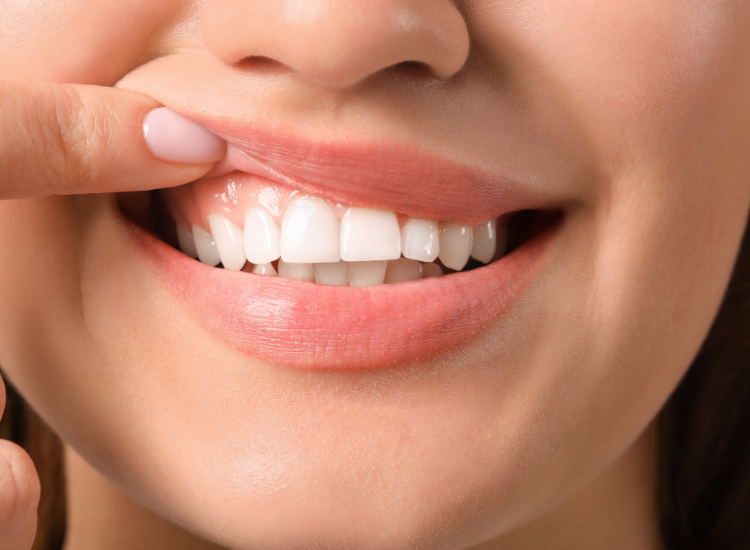Signs You Have A Tooth Abscess
How to Spot a Tooth Abscess
A tooth abscess is an infection in the gums and teeth that can be painful and even dangerous if left untreated. If you are experiencing any of the symptoms of a tooth abscess, it’s important to seek professional help from Kissing Camels Family Dentistry in Colorado Springs CO as soon as possible; this type of infection can spread quickly and cause significant health complications. Here, we discuss the signs and symptoms of a tooth abscess so that you know when it’s time to make an appointment with your dentist.
What Is a Tooth Abscess?
A tooth abscess is an infection caused by bacteria that accumulates between the teeth and gums. This bacteria can enter through a crack or chip in the tooth, or due to poor oral hygiene practices such as not brushing your teeth regularly or failing to floss. Left unchecked, this bacterial infection can lead to severe pain and even death if it spreads throughout the body.
Common Symptoms of a Tooth Abscess
Tooth abscesses come with several telltale signs, including intense pain when chewing or biting down on food, swelling around the affected area, fever or chills (in extreme cases), trouble breathing (in extreme cases), foul-tasting pus coming from the affected area, swollen lymph nodes near where the infection is located, and redness along with tenderness in the affected region. If you are experiencing any combination of these symptoms, then it may be time to make an appointment with a dentist near you.
Treating Your Tooth Abscess
At Kissing Camels Family Dentistry in Colorado Springs CO, our team will take care of your tooth abscess quickly and effectively using root canal therapy. During this procedure, we will clean out the infected area—removing all traces of bacteria—and fill it back up with composite material. This treatment option is designed to get rid of all existing bacteria while also preventing future infections from occurring. Additionally, we may recommend additional treatments depending on how severe your case is; for instance, if you have significant pain or swelling associated with your tooth abscess then we may suggest taking antibiotics before beginning root canal therapy. Regardless of what treatment option you choose though, rest assured knowing that our experienced staff will do everything they can to help get rid of your discomfort as quickly as possible!
Contact Us Today!
Dental patients from Kissing Camels Family Dentistry in Colorado Springs CO should be aware of common signs and symptoms associated with a tooth abscess so that they know when it’s time to make an appointment with their Colorado Springs dentist for treatment. Some common indicators include intense pain while chewing or biting down on food, fever or chills (in extreme cases), foul-tasting pus coming from the affected area, swollen lymph nodes near where the infection is located, and redness along with tenderness in the affected region. Fortunately at Kissing Camels Family Dentistry in Colorado Springs CO our team will take care of your tooth abscess quickly and effectively using root canal therapy so you don’t have to suffer any longer! Make sure you contact us today if you think you may have a tooth abscess!








